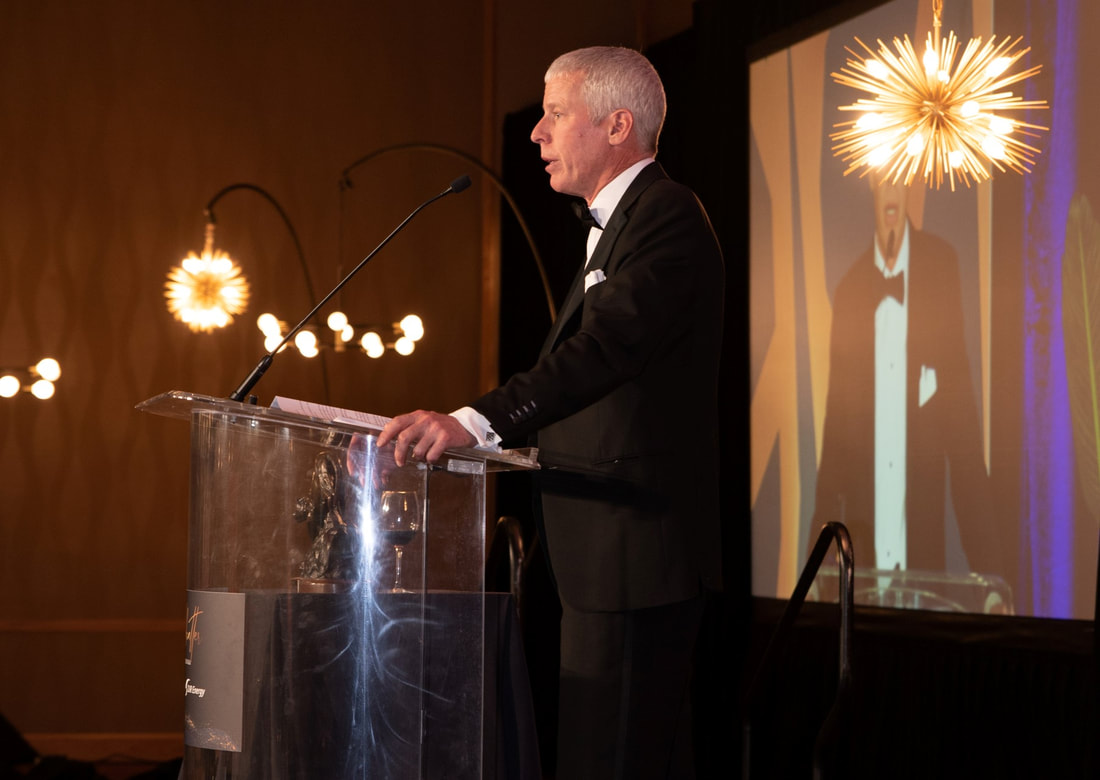"Two Things Changed Everything: Human Liberty and Energy from Hydrocarbons," Remarks by Chris Wright11/15/2022
Thank you for this flattering and humbling recognition.
What else I am thankful for is THIS, and what I mean by “this” is actually quite a lot. History shows that for nearly everyone, every year, every season, every day was an uncertain struggle to survive. Humans were far smaller just a few generations ago, not because their genetics were any different, but because they simply lived in a constant state of malnutrition kicking starvation down the road one day at a time. The White House Council of Environmental Quality (CEQ) is working on a scorecard intended to assess federal agencies’ efforts to advance “environmental justice.” The initiative is designed to address the president’s Executive Order Tackling the Climate Crisis at Home and Abroad which orders agencies to make achieving environmental justice part of their missions. The scorecard is intended to assess how well agency programs and policies address the “disproportionately high and adverse human health, environmental, climate-related, and other cumulative impacts on disadvantaged communities.”
As with many things, the notion of environmental justice comes from good intentions. Often low-income communities are indeed located near industrial areas and closer to pollution sources than those who can afford better-situated real estate. Environmental justice originally focused on ensuring disadvantaged communities aren’t unduly impacted and giving them voice in environmental matters. Of course regulation should focus on reducing pollutants to protect the health of nearby residents and previously marginalized people should have a voice in issues impacting their communities. However, the concept has ballooned since the original conception while at the same time become focused on a fairly narrow range of policy prescriptions, including those aimed at eliminating oil and natural gas. |
Archives
June 2024
Categories |


 RSS Feed
RSS Feed